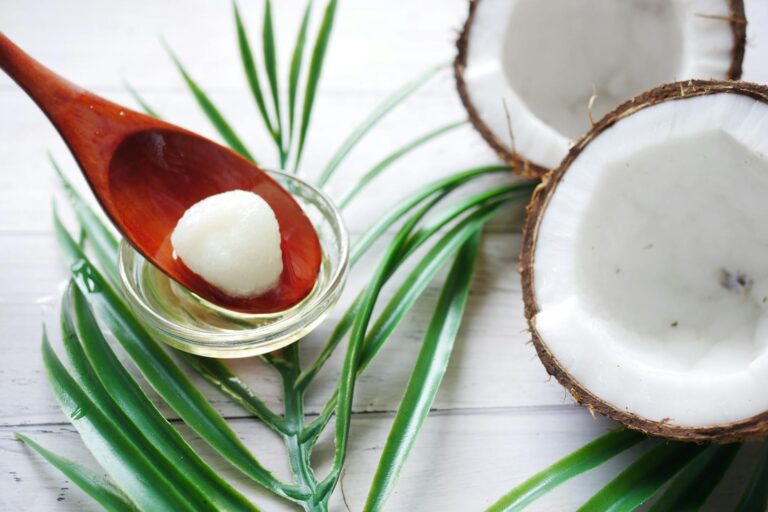The best diet for people with joint pain, particularly those suffering from osteoarthritis or similar conditions, is one that focuses on reducing inflammation, supporting cartilage health, and maintaining a healthy weight. A Mediterranean-style diet is widely recognized as highly beneficial for joint health. This diet emphasizes fresh fruits and vegetables, whole grains, olive oil, lean proteins such as chicken and oily fish (like salmon), and limits intake of animal fats and refined carbohydrates, which can promote inflammation[1][3].
Key components of this diet include:
– **Plant-based foods**: Fresh vegetables, fruits, and whole grains provide essential vitamins, minerals, and fiber that help reduce inflammation and support overall joint health[1][3].
– **Omega-3 fatty acids**: Found in oily fish such as salmon, mackerel, and sardines, omega-3s have anti-inflammatory properties that may protect cartilage and reduce joint pain and stiffness[1][5][7]. If fish consumption is low, fish oil supplements providing EPA and DHA (around 450 mg daily) can be considered[5].
– **Vitamins D and K**: Vitamin D deficiency is linked to progression of osteoarthritis, and vitamin K deficiency may reduce cartilage thickness and increase joint damage risk. Vitamin D is found in oily fish and fortified foods, while vitamin K is abundant in leafy green vegetables[1].
– **Antioxidants**: Vitamin C, abundant in fruits and vegetables, has been shown to inhibit osteoarthritis progression and support collagen production, which is essential for cartilage structure[3][7].
– **Nuts and seeds**: These provide healthy fats, magnesium, calcium, and antioxidants that support joint function and reduce inflammation[5][7].
– **Avoiding pro-inflammatory foods**: Diets high in refined carbohydrates, sugar, saturated fats, processed meats, fried foods, and certain additives can increase systemic inflammation and worsen joint pain[1][5][7]. Some individuals report sensitivity to nightshade vegetables (tomatoes, potatoes, eggplant, peppers), though scientific evidence is limited; an elimination trial may help identify personal triggers[7].
Weight management is crucial because excess body weight increases mechanical stress on joints and promotes inflammation. Even moderate weight loss can significantly reduce pain, inflammation, and disability associated with osteoarthritis[1][3].
Emerging research also highlights the role of gut microbiota and metabolic health in joint disease, suggesting that diets supporting a healthy gut flora—rich in fiber and plant-based foods—may further benefit joint health[3].
In addition to diet, some supplements have shown promise in reducing joint pain and improving function. Turmeric (curcumin) has anti-inflammatory effects supported by clinical studies[9]. Fish oil supplements, as mentioned, may also help. However, supplements should be used under medical guidance.
In summary, the best diet for joint pain is one that is anti-inflammatory, nutrient-rich, and supports a healthy weight. The Mediterranean diet pattern, rich in fruits, vegetables, whole grains, lean proteins, omega-3 fatty acids, and vitamins D and K, is strongly supported by scientific evidence to improve joint symptoms and slow disease progression[1][3][5][7][9].
Sources:
[1] Thuasne – Knee osteoarthritis diet
[3] Frontiers in Nutrition – Nutritional interventions for osteoarthritis
[5] British Dietetic Association – Osteoarthritis and diet
[7] Performance Lab – Best joint foods
[9] AARP – Supplements for joint pain relief





